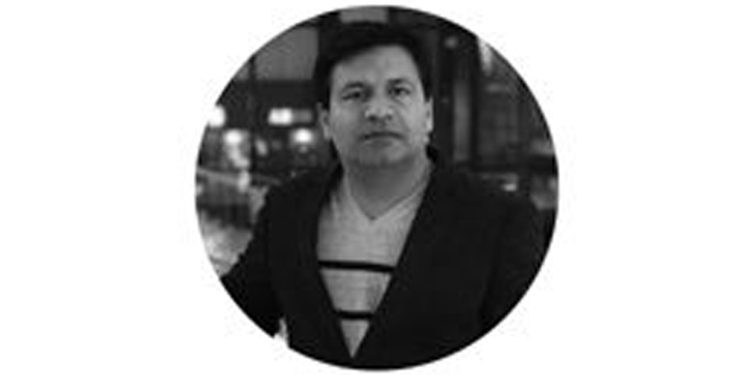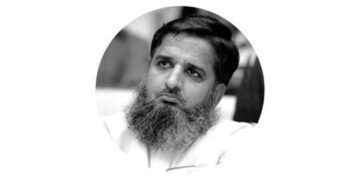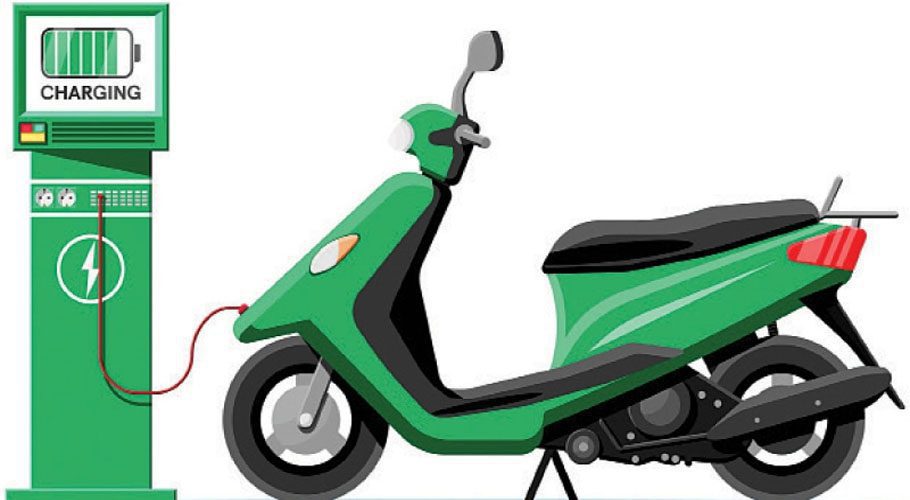![]() Follow Us on Google News
Follow Us on Google News
Veto power and inequality
Related Stories
Opinion
April 23, 2024
- MM News Staff
April 17, 2024
- Dr. Muhammad Shahbaz
March 19, 2024
- Riyatullah Farooqui
No posts found
Why is there a risk of rain and flood in Pakistan?
ISLAMABAD: The Meteorological Department has predicted rain with wind and thunder in Balochistan, Khyber...
How much cheaper is petrol going to be from May 1?
KARACHI: The prices of petroleum products are expected to decrease in Pakistan, due to...
Everything to know about Karachi’s Pink Bus Service routes, timings and fare
The Sindh government has inaugurated two additional routes for the women-exclusive Pink Bus Service,...
MM Digital (Pvt.) Ltd.
MM News is a subsidiary of the MM Group of Companies. It was established in 2019 with the aim of providing people of Pakistan access to unbiased information.
Contact Details: 03200201537

















